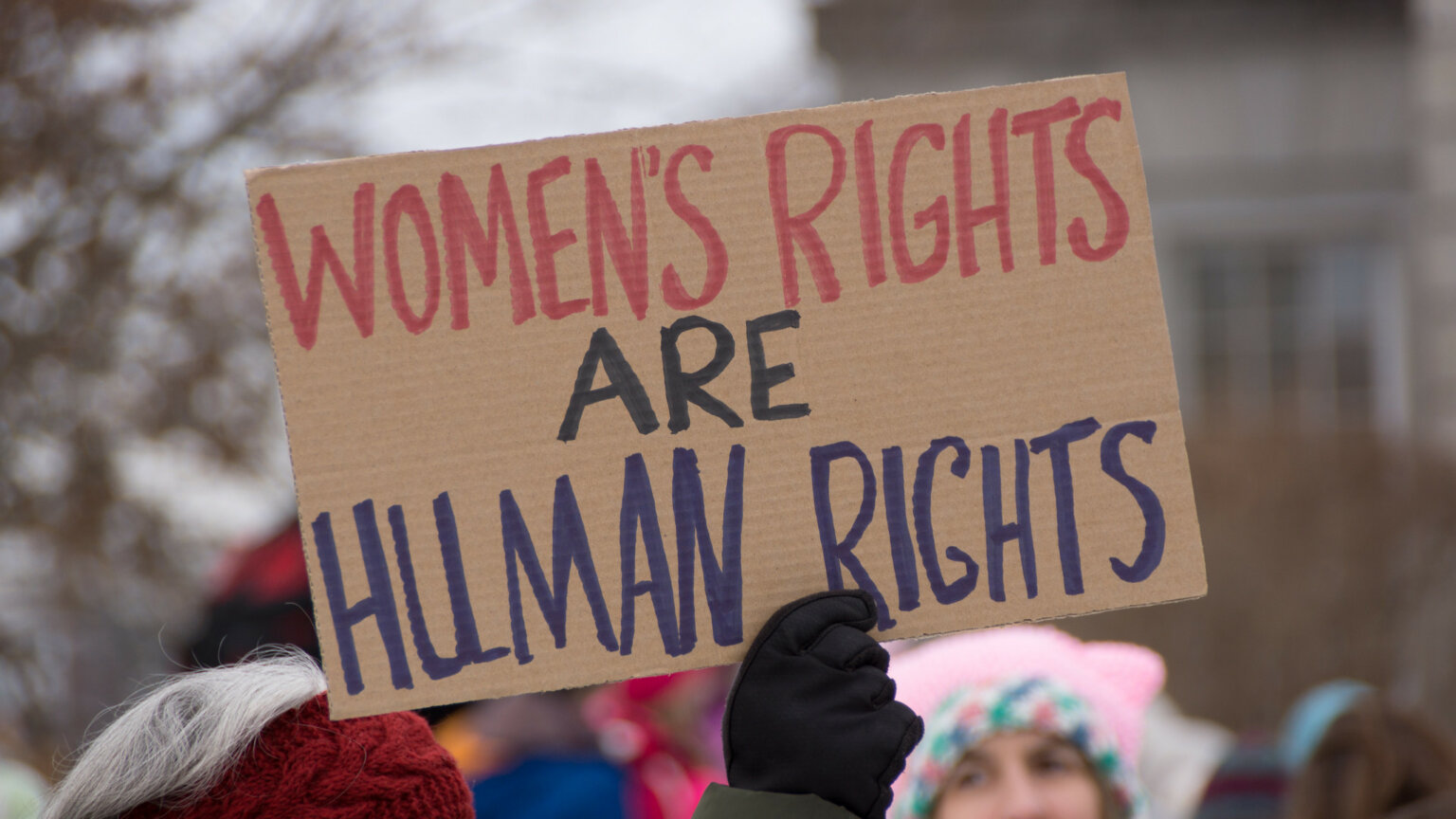- About
- Topics
- Picks
- Audio
- Story
- In-Depth
- Opinion
- News
- Donate
- Signup for our newsletterOur Editors' Best Picks.Send
Read, Debate: Engage.
| topic: | Economic Fairness |
|---|---|
| located: | Spain |
| editor: | Abby Klinkenberg |
As a pink-collar sector maintained almost exclusively by women, domestic service work has long been undervalued and under-regulated, both in Europe and around the world. Following mounting pressure from union activists, as well as from the International Labour Organisation (ILO) and the Court of Justice of the European Union, the Spanish government took a huge step last week towards remediating this history of gendered discrimination by enacting legislation that grants a new set of labour rights to domestic workers in the country.
From 1 October, domestic workers in Spain will benefit from ‘all welfare benefits,’ including unemployment benefits, protections from unjustified dismissal, wage protection, and the right to written contracts. The measure will also bring domestic workers under the Act on the Prevention of Occupational Risks and provide additional support for training. Second Deputy Prime Minister and Labour Minister Yolanda Díaz of the Community Party of Spain said this reform would benefit over 370,000 people, 95 percent of whom are women. She indicated that this policy shift was long overdue and strives to recognise the significance of domestic workers to the social fabric: “if there is a job in our lives that is important, it is that of caring and cleaning, and for that reason I think today the country is better off.” Spanish Prime Minister Pedro Sanchez said that the measure strives to “put an end to the unacceptable injustice” of gender-based discrimination in the field.
Beyond their pink-collar status, domestic workers in Spain often belong to additionally vulnerable demographic groups, which makes these social protections even more meaningful. In Spain, 44 percent of domestic workers are originally from abroad, “principally from Colombia, Romania, and Honduras;” 80 percent are of an age that “makes it difficult for them to complete tasks.” The minimum wage for domestic workers in Spain is €950 per month, which is increasingly difficult to survive on given the current cost-of-living crisis wreaking havoc across the continent.
The left-wing coalition Spanish government has committed itself to tackling the serious issues present in the informal economy and this move to ensure the rights of domestic workers while better regulating domestic labour practices significantly advances their agenda. As part of this wider push, in February, Madrid sent 45,000 letters to families that employ domestic workers, warning them to fulfil their obligations to their employees. The Spanish Labour Ministry has indicated that further warnings will be issued (and fines levied up to €187,515 for violations) in addition to a forthcoming system that will provide domestic workers the ability to provide anonymous tips to law enforcement.
Spain’s General Union of Workers (UGT) and Workers’ Commissions (CCOO) have praised the measure and continue to urge the Spanish government to engage in deeper social dialogue in its drafting and implementation, in addition to the ratification of the ILO’s Domestic Workers Convention of 2011. While additional work remains to be done, this development is a victory not only for domestic workers in Spain, but for all who are committed to tackling gender-based discrimination and recognising the value of pink-collar labour.
Photo by Jeshoots

